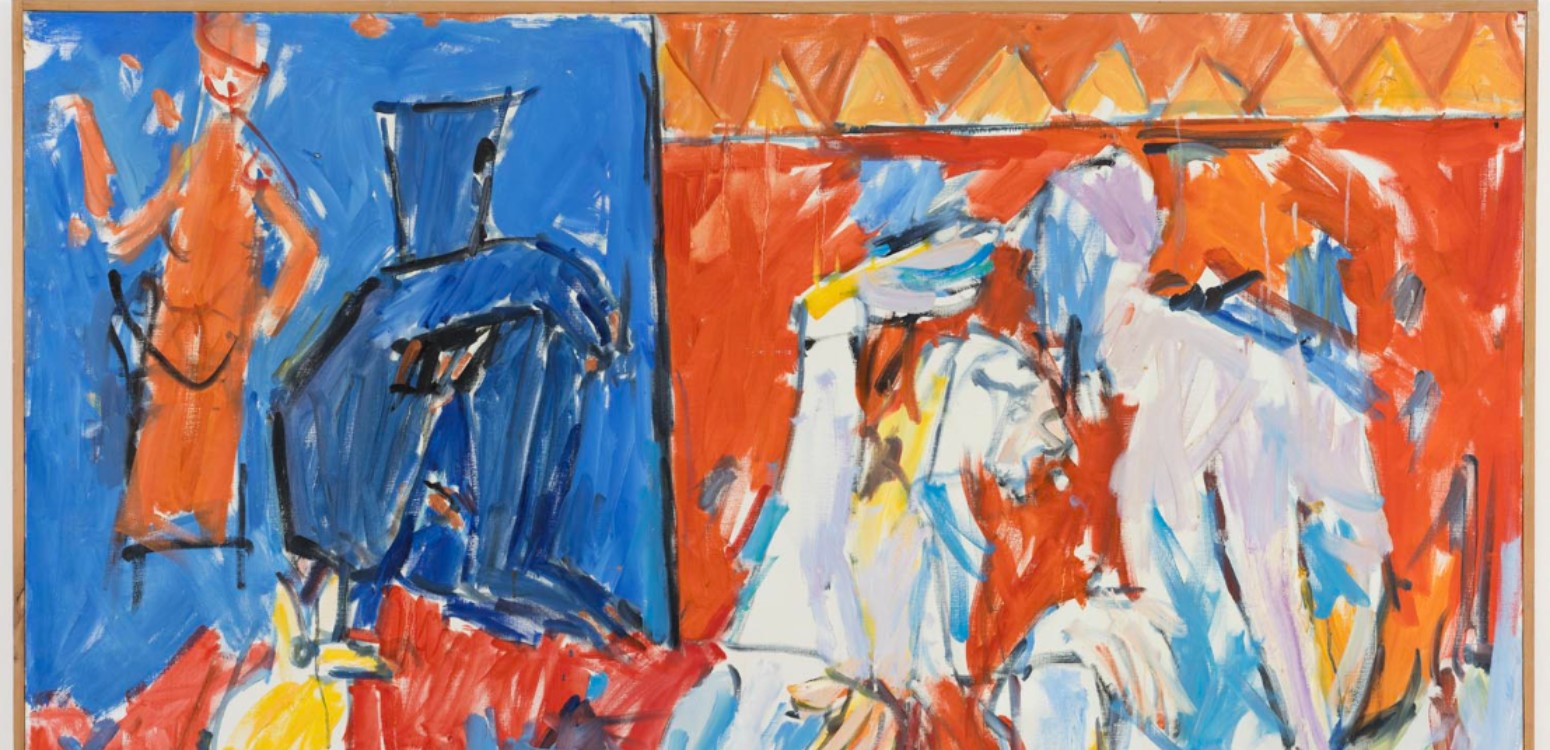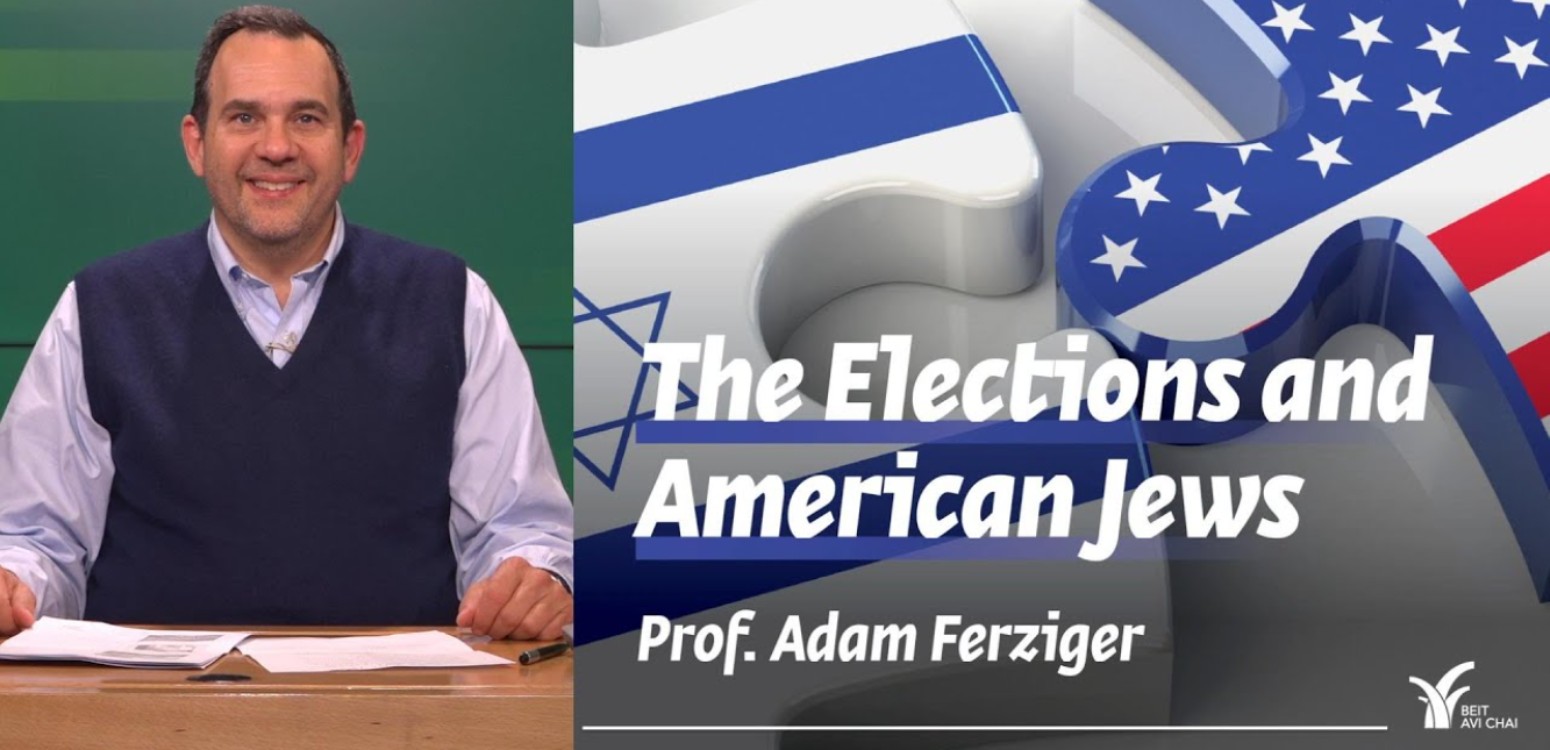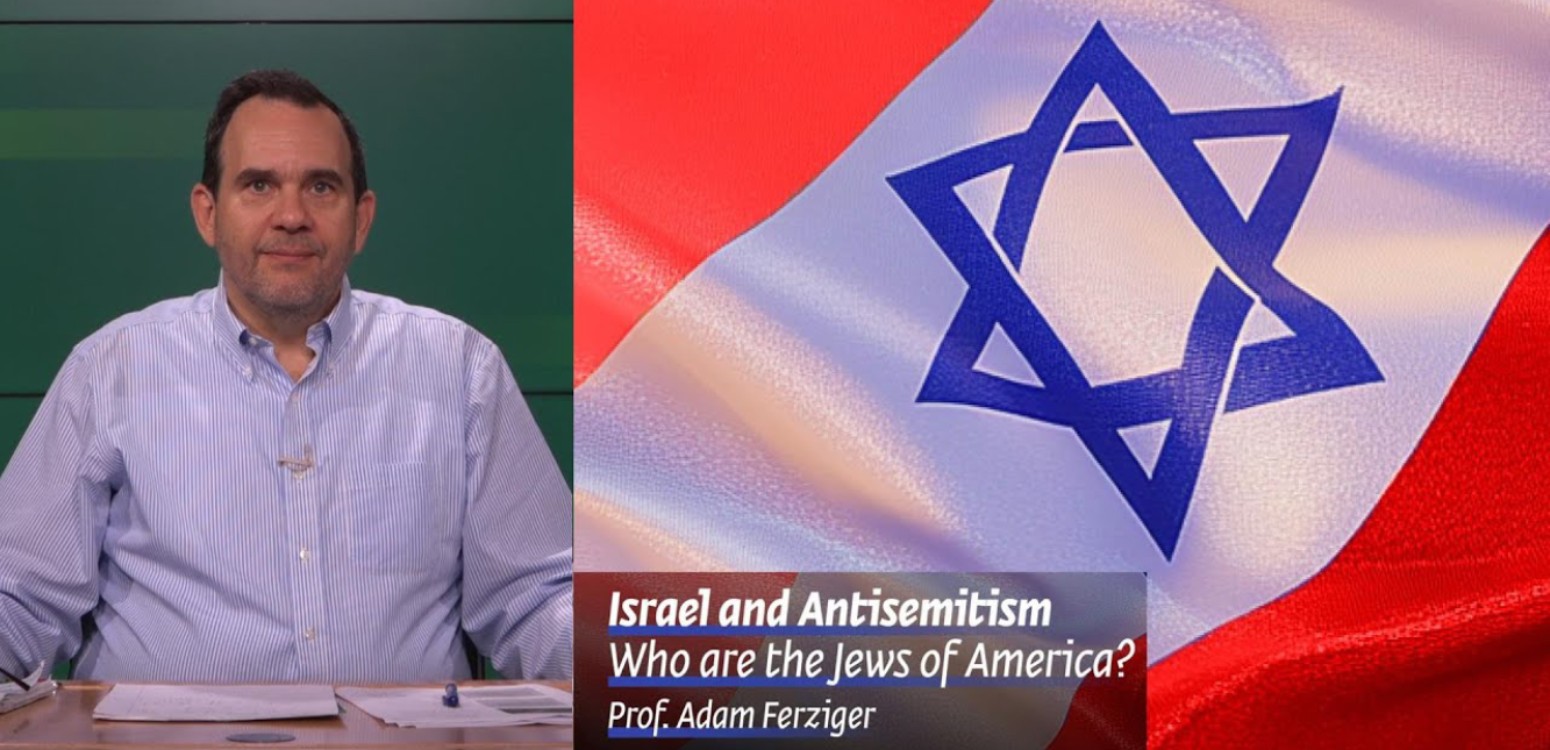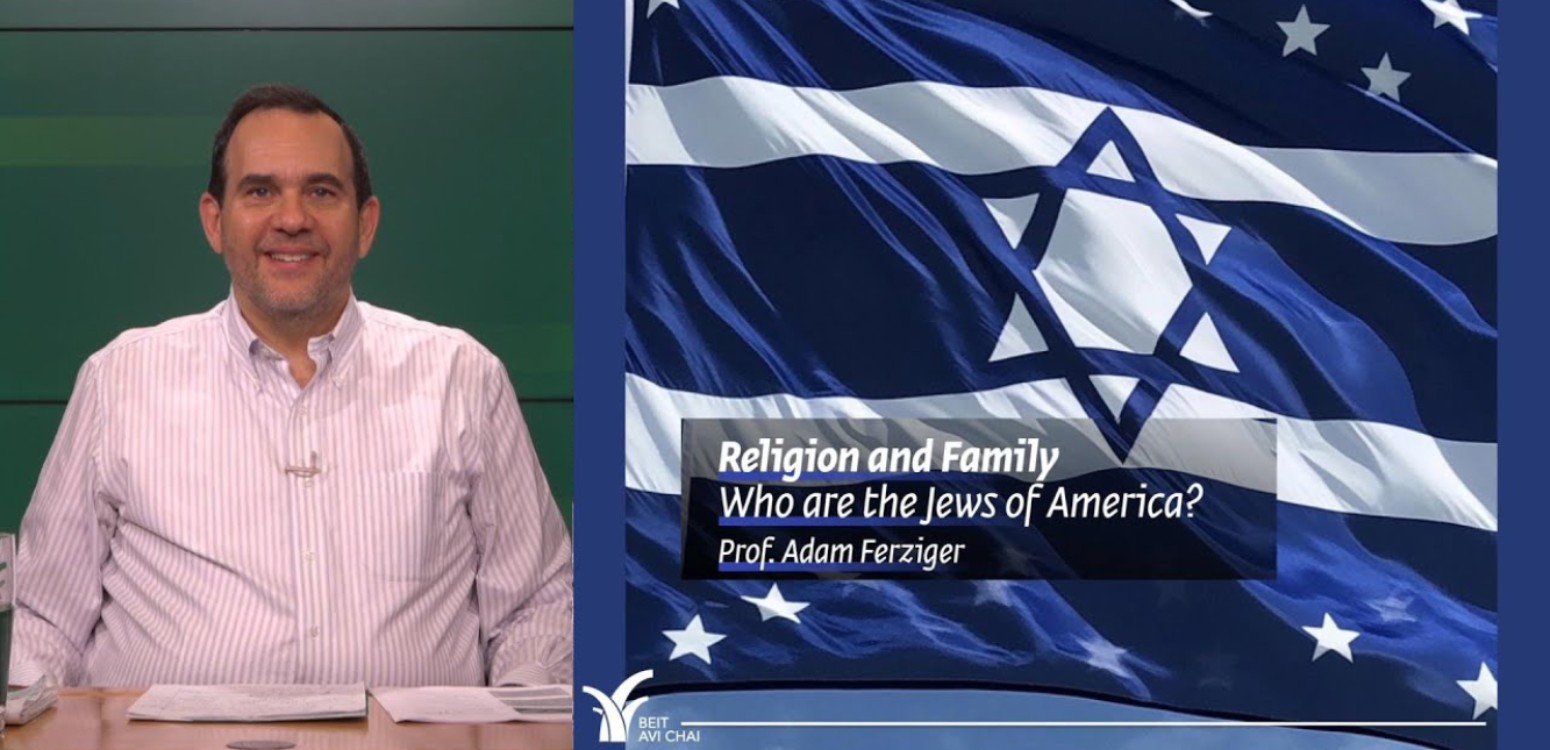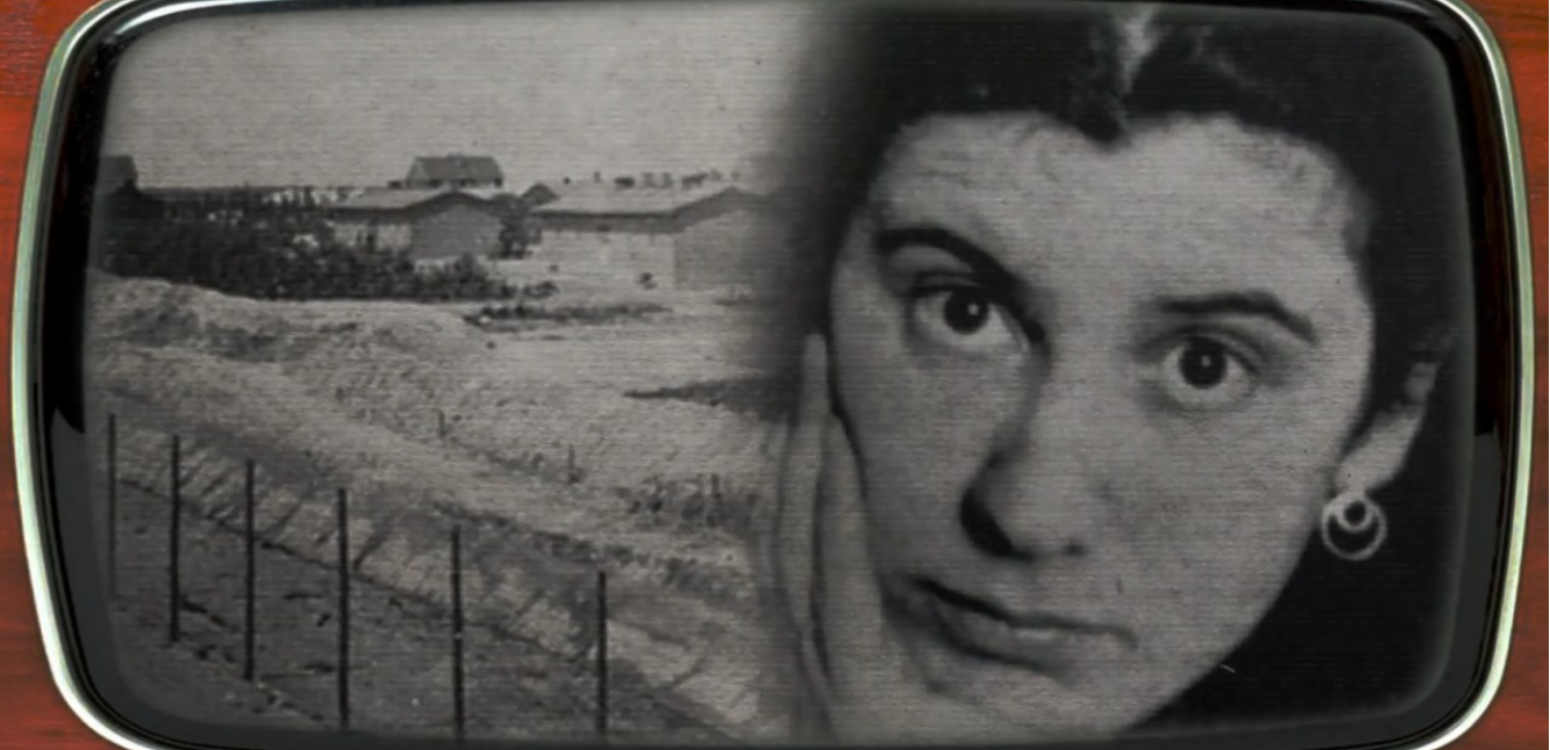
The New Season of the Hebrew-language podcast Mifleget Hamachshavot is dedicated to the ideas behind American politics
While much attention is devoted to how Americans view Israel, less is paid to how Israelis view America. Indeed, sometimes it seems that Israel is so caught up in its own problems that there is little bandwidth left to think about what’s happening elsewhere. The new series of Beit Avi Chai’s flagship podcast, “Mifleget Hamachshavot: The Great Ideas Behind Politics” aims to address this problem by devoting its latest series to American politics. The previous five seasons of “Mifleget Hamachshavot” – meaning “The Party of Ideas” – were dedicated to the ideas behind Israeli politics. This time, it’s American politics that are dissected through the lens of theory and ideology. This season, too, is in Hebrew.
The podcast is created and presented by the media figure, television host, columnist, podcaster and educator Efrat Shapira Rosenberg, and the author and scholar Dr. Micah Goodman. Speaking to Beit Avi Chai, Shapira Rosenberg explained the rationale behind the new series: “There are elections in the US in November. Whatever happens will have a major impact on Israel and the region. We need to understand what’s going on.”
The season is constructed like a building. “We plan the season together in a constant dialogue about the general themes and trajectory. And the episodes build on one another. You’re missing something along the way if you go straight to the fourth floor. We’re trying to build a stable intellectual building.”
Ideas make the world go round
What sets Mifleget Hamachshavot apart from many podcasts dealing with contemporary USA is its focus on ideas. Shapira Rosenberg explains: “Everyone is talking about personalities and conspiracies, and that’s part of what’s going on, but nobody is talking about ideas and ideology anymore. It’s just more interesting because nobody else is doing it. Ideas make the world turn.” Focusing on ideas also broadens the podcast’s appeal. “When you only talk about personalities you lose some of your audience. With our approach there’s a greater chance that people put their political identities aside and become curious about the ideas.”
‘Global Disorder,’ the first episode of the new season, opens by comparing what happens when an individual calls 911, and when a country does. An individual can call 911 and speak to the police, but the international system is more anarchic. The UN fancies itself as some kind of guarantor of the international order, but when threatened, most countries in the world call the United States. The following episode deals with American isolation, which threatens its role as the world’s sheriff. Then it takes up the mantle of the main theme of the season, the two dominant contemporary American ideologies, progressivism and populism, wokeism and MAGA.
How does Israel compare? “Israel offers an antidote to what’s going on in America,” Shapira Rosenberg says. “There’s still a sense of belonging here, there isn’t the same radical individualism as there is in the West. There’s a mix of individualism and community, liberalism and nationalism. This is our antidote to the polarization of America. Individualism is important – it’s made us the start-up nation, but there are times you need to put individual needs aside and move forward in solidarity with your group. That’s been a very strong feature of life in Israel this past year, which is very different from what’s happening in America and the West more broadly.”
Our wake-up call
Following October 7, much of the focus has been on progressive ideas that have proliferated in elite universities and throughout American media and culture. “Radical progressive ideas aren’t popular in Israel,” Shapira Rosenberg says, “even on the left. I think October 7 is a big part of that – it was a wake-up call, especially for people who did identify with American progressives, for example feminists. They saw how their colleagues and friends reacted, and they were shocked. They said: ‘I’m not part of that anymore.’”
Behind the battles between left and right in America looms the figure of Karl Marx, the founder of communism. “Marx is a major player in the progressive school of thought,” Shapira Rosenberg explains. “They’re Neo-Marxists. For Israelis, Marx isn’t as much of a red flag as he is for Americans. Many Israelis drank Marx with their milk in the morning – on some of the kibbutzim, for example. On the other side, the capitalists in Israel hate him as much as anyone. But, as we describe in the show, Marx is also important for understanding MAGA.”
This is one of the great strengths of the podcast, which takes complex ideas like Marxism and explains them clearly and concisely in a way that helps people understand differences. “We try to bring out the grains of truth behind these ideologies and show where they are correct,” Shapira Rosenberg says. “If you want to succeed, then you must understand and listen. Just calling a MAGA supporter racist isn’t going to increase understanding. On the other side, we look at progressivism’s desire to build a tolerant, non-judgmental society, which was born out of the struggles and wars of the twentieth century.”
Deep diving
Both hosts share the background needed for this season. Efrat Shapira Rosenberg lived in the United States for ten years – five years when she was very young and five years as a teenager Micah Goodman’s parents made Aliyah from the United States and spoke English at home. The focus of the season, though, hasn’t been on the American-Israeli relationship. This was a conscious decision, although the final two episodes will deal with the American elections and their likely consequences for Israel.
Shapira Rosenberg has had an impressively diverse media career, from writing op-eds to presenting television shows to podcasts. “This is the best project I’ve done in my life,” she concludes. “Television is often shallow and when you write you’re limited by the number of words. On the podcast, the ideas are at the forefront, and we can dive into deep ideas. At the same time, it must be listenable. We don’t want to lose our listeners. It’s a great challenge but it’s tremendously rewarding. It’s a marathon and not a sprint. You usually have ten minutes – a half-hour podcast is on another level.”
With the success of the season, Hebrew-speaking Americans are calling for episodes in English, so that their non-Hebrew-speaking friends can listen to it too. Shapira Rosenberg says: “They tell us: ‘We’re so deep in the mud that we can’t understand ourselves.’ For now, we’re thinking of doing a version in English, but about Israel.”

Listen to “Mifleget Hamachshavot: The Great Ideas Behind Politics” (in Hebrew).
Main Photo:White House in Washington, D.C\ Wikipedia
Also at Beit Avi Chai

